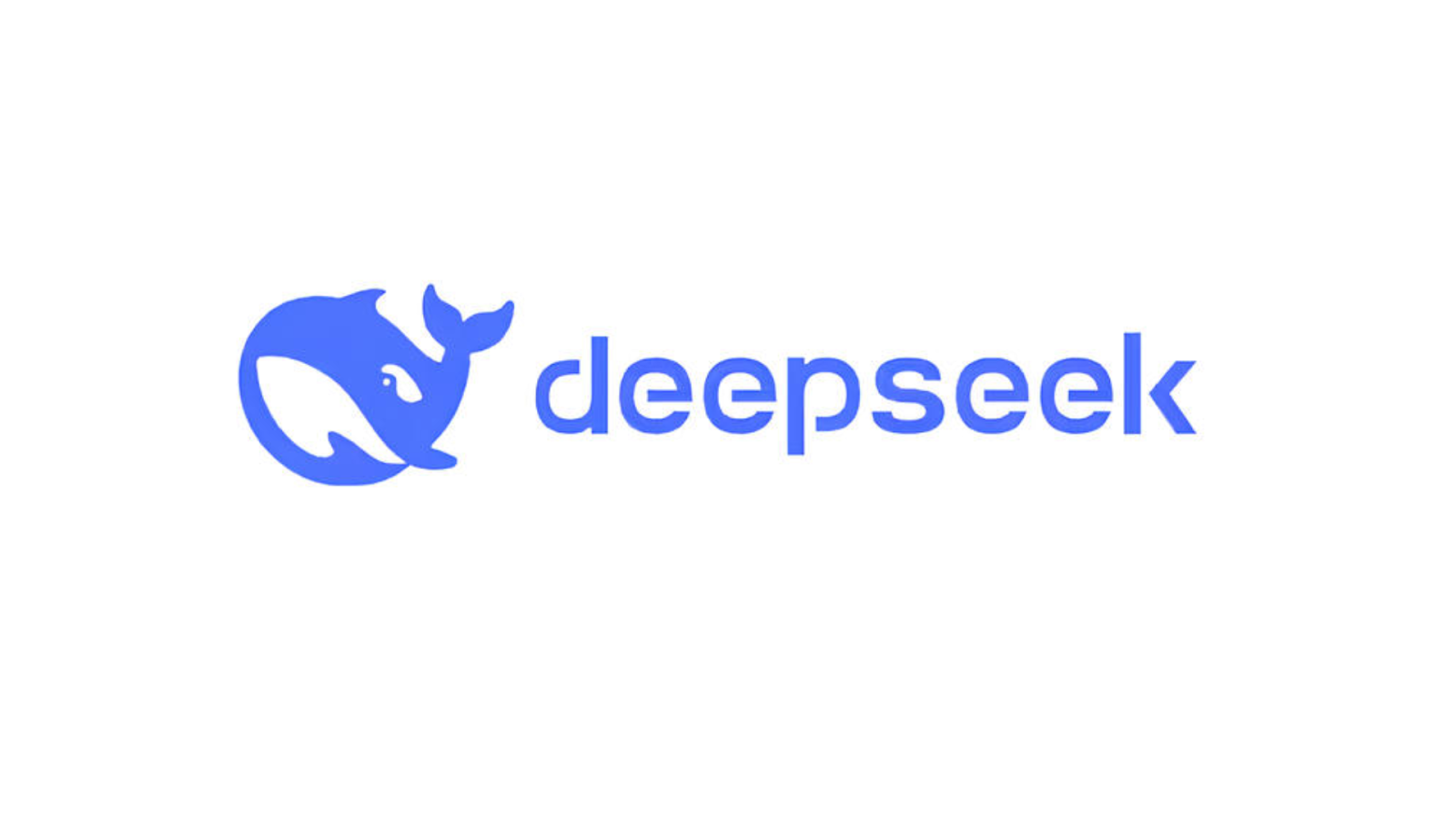If you have been hearing about China AI DeepSeek and wondering why it is suddenly everywhere, you are not alone.
From news headlines to financial markets, DeepSeek has become a hot topic that people around the world are trying to understand.
In this article, we will break down what DeepSeek is, why it matters, and how it could shape the future of technology and global competition.
Keep reading to explore the full story behind DeepSeek and what it means for you.
What is China AI DeepSeek?
Before diving into the details, it helps to understand what DeepSeek actually is. DeepSeek is a Chinese-developed artificial intelligence system that has quickly gained global attention for its surprising performance and influence.
Key points about DeepSeek:
- ✅ Developed in China by a leading tech startup
- ✅ Designed to handle complex tasks across industries
- ✅ Seen as a rival to other well-known AI systems
Why is China AI DeepSeek Making Headlines Worldwide?

DeepSeek has become a symbol of China’s rapid progress in technology. Many experts were surprised at how quickly it advanced and how widely it spread in such a short time.
Reasons why DeepSeek is making headlines:
- ✅ It represents a major breakthrough in AI development
- ✅ It signals China’s growing strength in the global tech race
- ✅ It has sparked both excitement and concern internationally
DeepSeek’s Big Achievements and Capabilities
One reason DeepSeek drew attention is its strong early performance. It has shown the ability to process large amounts of information and deliver answers at a speed and accuracy that caught global attention.
What exactly did DeepSeek achieve?
- ✅ Outperformed expectations in accuracy and speed
- ✅ Reports suggest millions of downloads in China, though official figures are not confirmed
- ✅ Its debut coincided with a sharp market reaction, including a temporary drop in Nvidia’s stock value
How China AI DeepSeek Impacts China’s Role in Global Tech

DeepSeek is not just about technology. It is also about strategy. China has been investing heavily in artificial intelligence, and DeepSeek is proof that those investments are paying off.
Impact on China’s global role:
- ✅ Acts as a symbol of national pride in innovation
- ✅ Strengthens China’s position in the digital economy
- ✅ Raises global questions about competition and security
📚 Also read: China Artificial Intelligence Law and Its Impact
DeepSeek vs OpenAI and Other Global Players
Whenever a new system like DeepSeek appears, people naturally compare it to existing leaders. Many are asking if DeepSeek is better than OpenAI or other popular platforms.
Comparison highlights:
- ✅ DeepSeek shows surprising power in certain areas
- ✅ OpenAI and others remain strong in global adoption
- ✅ Both face challenges in trust, safety, and regulation
📚 Also read: Chinese Intelligence Law Compliance Made Simple
Controversies and Concerns Around DeepSeek
With rapid growth comes controversy. Some experts worry about the ethical issues tied to DeepSeek, such as how it uses data and whether it spreads harmful content.
Main concerns include:
- ✅ Ethical questions about data use and bias
- ✅ Safety risks around misinformation and privacy
- ✅ Government oversight and potential restrictions
- ✅ Discussions about bans in certain countries
📚 Also read: China Deep Synthesis Regulation Explained
The Economic Ripple Effect of DeepSeek

DeepSeek’s influence is not limited to technology. It has also shaken financial markets. At one point, news about DeepSeek’s launch was linked to a sudden drop in stock values, including major companies in the chip industry.
Economic ripple effects:
- ✅ Triggered investor fears about future AI competition
- ✅ Contributed to a dip in Nvidia’s stock value
- ✅ Sparked global debates about AI’s role in financial markets
Can You Invest in DeepSeek?
With so much attention on DeepSeek, many people wonder if they can buy its stock. The reality is that DeepSeek is not a publicly traded company, so there is no direct way to invest in it.
What investors should know:
- ✅ DeepSeek is not listed on stock exchanges
- ✅ Indirect opportunities may exist in related industries like chipmakers or cloud services
- ✅ Americans and other international investors face additional risks due to regulations
The Future of China AI DeepSeek and Global Technology
Looking ahead, DeepSeek is likely to keep evolving. China has made it clear that artificial intelligence is a national priority, and DeepSeek is only the beginning.
What the future may hold:
- ✅ Faster innovation in China’s AI sector
- ✅ Increased global competition in technology
- ✅ Possible new rules and restrictions on AI use
📚 Also read: Chinese Censorship Laws and What They Mean
Conclusion
China AI DeepSeek is more than just a new technology. It is a symbol of China’s growing power in the digital world, a challenge to global competitors, and a force that is already shaping markets and policies.
If you want to stay updated on how China regulates technology and information, browse China Legal Experts for more informative articles.
And if you need help with any legal issue in China, do not hesitate to reach out to us at Choi & Partners for professional guidance.
Frequently Asked Questions About China AI DeepSeek
Is DeepSeek banned in China?
No, DeepSeek is not banned in China. It was developed there and is widely available to Chinese users, quickly rising to the top of Chinese app store rankings after launch. What is banned in China are foreign AI tools like ChatGPT, which are restricted due to censorship and data security rules.
How many Americans use DeepSeek?
There are no official figures on American users. Media reports suggest some international uptake after DeepSeek’s global publicity, but the majority of users remain in China.
Who is the CEO of DeepSeek?
The leadership of DeepSeek has not been widely publicized. What is known is that it was developed by a Chinese startup with strong backing from the country’s tech sector. The focus has been more on the company’s achievements than on individual leaders.
Why did China ban US apps?
China has strict rules on foreign apps to protect local companies and control information flow. These bans are often linked to concerns about data security, national security, and cultural influence. The approach reflects China’s broader digital sovereignty strategy.
Subscribe to receive updates
Subscribe to receive the latest blog posts to your inbox every week.


.png)
